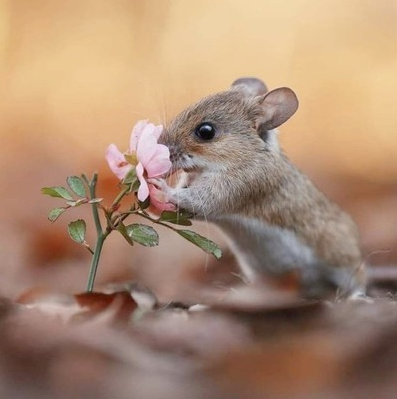We think a lot about the psychology of smell at Dirt. It revolves a lot around what you, our customers want when it comes to smell: more, less, something different, for our subtle Spring Scent in our original detergent to never change.
There’s a universe of reasons why. Scent means a lot to each of us, even if we don’t necessarily realise it.
Scent is inherently complex and wonderous. Scents are the only sensations that travel such a direct path to the emotional and memory centres of the brain. Catching a whiff of a scent has the unique ability to trigger emotions and distinct memories that might otherwise never be recalled.
While we were developing our new Advanced Wash with scent at its core we learnt some incredible facts about scent and our sense of smell. We'll leave you with five of our favourites.
One: One trillion smells.
New research has found that we can detect at least one trillion distinct scents. Previously, scientists thought that the human nose could only detect about 10,000 different smells, but that was based on a study from 1927 and well, that's a bit outdated isn’t it?
Two: New month, new nose.
In line with the renewable nature of all of our cells, your scent cells renew every 28 days, so every four weeks you get a new nose. Lucky you.
Three: A smell to remember.
Smell is our most memorable sense. We remember smells for much longer than sights, sounds, tastes and feelings. Remarkably, people can remember smells with a 65% accuracy after one year, whilst visual recall is only 50% after three months.
Four: Hitting snooze on smells.
Your sense of smell 'turns off' when you're asleep. So when you're woken up in the morning by your partner or housemate making a coffee, it's the noise of the morning ritual, not the smell that's disrupting your precious sleep.
Five: That newborn smell.
We can recognise our relatives through smell. A study by Canadian researchers showed that smelling the body odour of someone closely related activates a part of the brain responsible for recognising family. Mothers can also distinguish their children through sniffing them. In one classic study, 66% of mothers identified the smell of their child from two other newborns six hours after birth, even though mother and child were separated for most of that time.
Scent obsessed? We made our Advanced Wash for noses just like yours.

